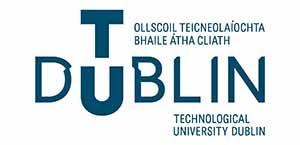... do you defy all advice and judge it by it's cover?

... do you search the backcover for an interesting storyline?
It is 1948 and a newly-married Hortense Joseph has just arrived, from Jamaica, with high expectations of life of in London. But London has suffered many years of war and does not measure up to her storybook notions. Along with her irrepressible husband, Gilbert, Hortense rents a room in the home of Queenie Bligh, whose husband still hasn’t returned from the war. Queenie’s neighbours are unhappy that she taken in Jamaican lodgers but she has other things on her mind.
... do you fall in love with a great character and have to read more?
“Now, the man that answer the door was not Winston. True, him look like Winston, him talk like Winston and him dress like Winston. But Winston was half a twin. Identical as two lemons on a tree. This was his brother Kenneth. To tell him apart, try to borrow a shilling. Winston will help you out but pester you all over London till him get it back. Kenneth, on the other hand, will persuade you to give him a shilling, assuring you that he could turn into into a pound before the week's end.” -- Gilbert Joseph
However you choose your books, come browse the fiction shelves in the library. We have a world of different covers and plotlines and characters.
Just the thing you need to relax during the inter-semester break!






